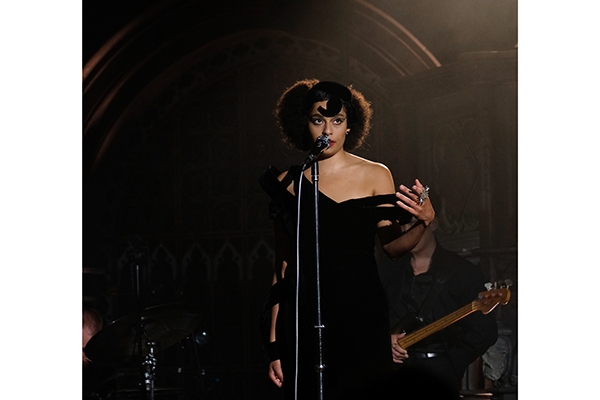Some years ago, when I was the music editor of a newspaper, I called a number of historians of black music asking if any of them could write about why the audience for new music made in the styles of classic soul, blues or jazz was almost entirely white.
The people I asked, some of them august commentators on African-American culture, offered a few suggestions: black music was historically co-opted and deracinated by the white music industry so comprehensively that black artists just didn’t want to go back there; black music has always been about progression rather than revival, and it is simply of no interest to look back; the legacy of black music has been so badly served by the people who ran the music industry that it is simply harder to uncover (witness, perhaps, the fact the film Summer of Soul is only coming out now, not in 1969). No one wanted to actually set those ideas in print, perhaps unsurprisingly.
A little while back I asked the young black soul singer Leon Bridges how he felt playing to audiences largely lacking in people who looked like him. ‘It’s crazy,’ he said. ‘Completely crazy. It’s not a bad thing… my people most likely be at the hip-hop concert… It’s just how it is.’
Celeste’s voice was at its best the more subdued it was, smoky and controlled
All of which came to mind watching Celeste at the Union Chapel in an audience in which I could not see a single black face. Celeste is one of the music industry’s big hopes: just before Covid, she won the two big new artists’ gongs, from the BBC and the Brits; then her debut album was delayed until early this year and were it not for lockdown she would almost certainly be playing big rooms by now, rather than five shows at the Union Chapel.







Comments
Join the debate for just £1 a month
Be part of the conversation with other Spectator readers by getting your first three months for £3.
UNLOCK ACCESS Just £1 a monthAlready a subscriber? Log in